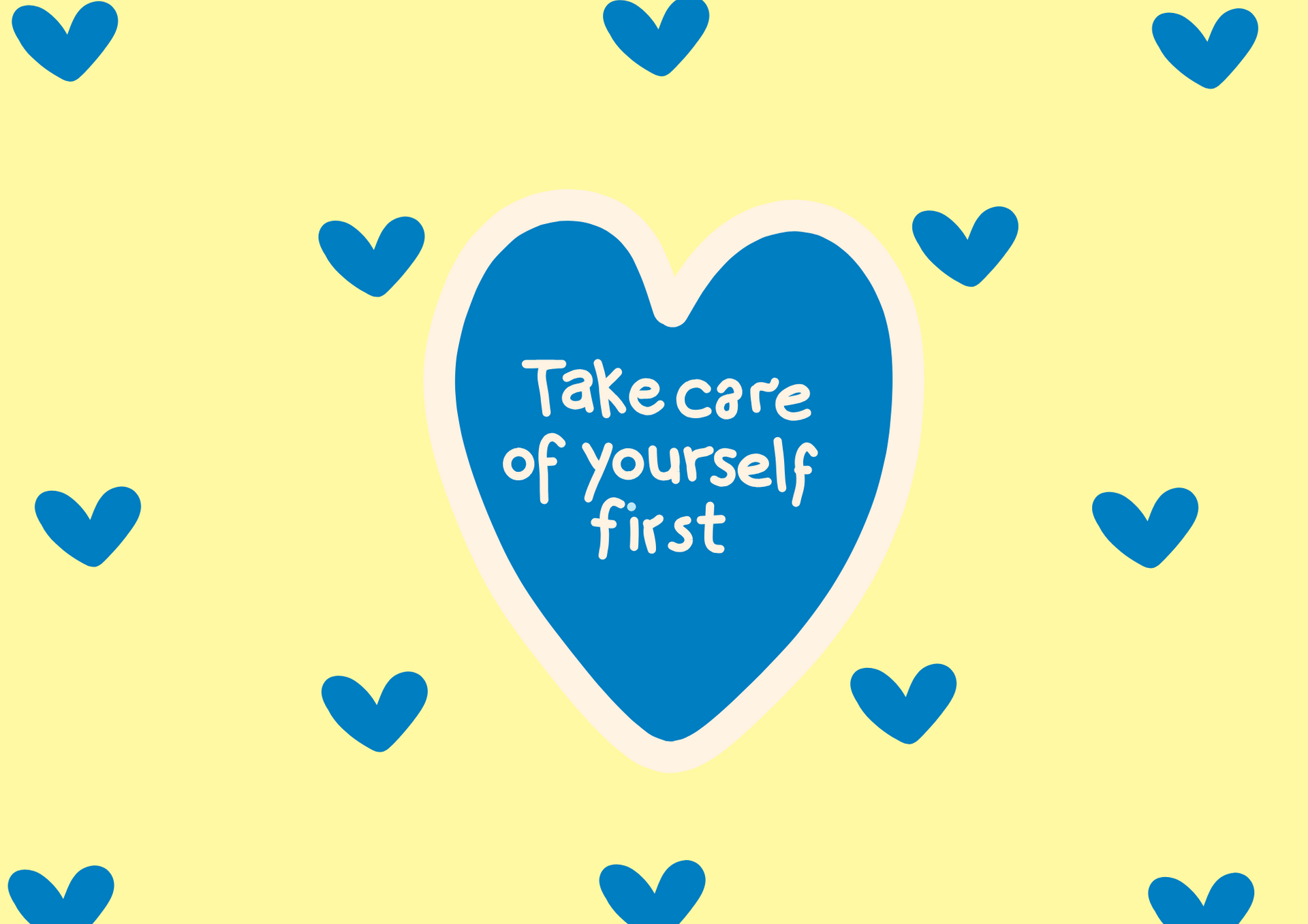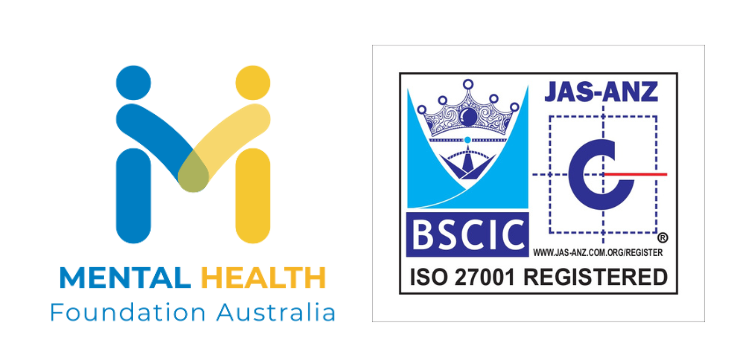Get in touch with us: (03) 8825 3500 / 1300 643 287
What Young People Can Do To Maintain Good Habits
August 12, 2024
In the spirit of International Youth Day 2024
Thirty-three years ago, on August 12th, the United Nations established International Youth Day, a day dedicated to bringing youth issues to the forefront and celebrating the incredible potential of young people’s ideas and contributions. This International Youth Day, we are focusing on the critical topic of youth mental health.
Mental health is a state of social, emotional, and psychological well-being that enables us to cope with daily challenges, contribute to our communities, and be the best versions of ourselves (World Health Organisation, 2022). It affects how we think, feel, and act.
Poor mental health can lead to low energy, negative emotions like sadness and hopelessness, higher stress levels, a desire to isolate, and an inability to cope with daily stresses. According to a report by the Australian Bureau of Statistics (2023), more than two in five Australians aged 16 to 24 have experienced poor mental health in their lives.
What Does It Mean from a Youth Perspective?
Adolescence marks the transition from childhood to adulthood and is a time of significant physical, emotional, and cognitive changes. During this time, young people are particularly vulnerable to mental health issues due to academic pressures, social dynamics, identity exploration, and social media influences. This is why young people must develop positive social, emotional, and psychological habits that strengthen their mental well-being.
In the spirit of International Youth Day, here are some ways young people can develop and maintain good mental health habits:
Stay Connected
Building and maintaining solid relationships with friends, family, and peers is essential for good mental health and wellness. Human beings naturally seek connection, which creates a sense of belonging and community. By staying connected, both in real life and digitally, you have the opportunity to talk about your feelings, discuss how to handle tough times and remind yourself that you are not alone. Staying connected can lower depression and anxiety, raise self-esteem, and improve overall quality of life (Tasmanian Government Department of Health, 2024).
Practice Mindfulness
Our minds are constantly active, filled with thoughts about school, work, relationships, the past, or the future. Mindfulness is important for being aware of your thoughts and focusing on the present moment. There are many ways to practice mindfulness; you might focus on your breathing, walk through nature, listen to music, or engage in a hobby that allows you to be in the moment. There are even apps such as Headspace or Smiling Minds that can help kickstart your journey. Overall, mindfulness can boost positive mental well-being and reduce the likelihood of stress, anxiety, and depression.
Limit Screen Time
In today’s digital world, managing how much time we spend on our devices can be challenging. Excessive screen time can detract from essential areas of life, such as interacting with family and friends or being active. By setting boundaries on your device usage, you can improve sleep habits, enhance your ability to focus and lower the risk of anxiety and depression (Kruse & Youth First, 2022).
Be Active
Staying active is critical for both physical and mental health. Even as little as 10 minutes of physical activity daily can contribute to stronger psychological and physical well-being. Physical activity helps you manage and regulate your moods more easily. Participating in sports, going to the gym, walking the dog, doing yoga, or even dancing are all great ways to stay active.
Create Good Sleeping Habits
Sleep is essential for maintaining good mental health. According to the Sleep Foundation, adolescents need around eight to ten hours of sleep every night (Suni et al., 2023). While it can be tempting to stay up late on your phone, reading, doing schoolwork, or gaming, developing a routine sleep schedule will promote better memory function, a stronger immune system, more energy, and strengthened mental well-being.
Let's prioritise mental health and celebrate young people's incredible resilience and potential on this International Youth Day. By adopting these habits, young people can build a foundation for a healthy and fulfilling life.
By Cathryn Langley
References
- Australian Bureau of Statistics. (2023). National survey of mental health and wellbeing. In Australian Bureau of Statistics. https://www.abs.gov.au/statistics/health/mental-health/national-study-mental-health-and-wellbeing/latest-release
- Kruse, J., & Youth First. (2022, October 14). Benefits of decreased screen time. Youth First. https://youthfirstinc.org/benefits-of-decreased-screen-time/
- Suni, E., Dimitriu, A., & Sleep Foundation. (2023, October 4). Teens and sleep. Sleep Foundation. https://www.sleepfoundation.org/teens-and-sleep
- Tasmanian Government Department of Health. (2024). Why social connections are important for young people. Doh.health.tas.gov.au; Government of Tasmania. https://doh.health.tas.gov.au/healthykids/blog/why_social_connections_are_important_for_young_people#:~:text=Healthy%20social%20connections%20help%20us
- World Health Organisation. (2022, June 17). Mental health. World Health Organisation; World Health Organisation. https://www.who.int/news-room/fact-sheets/detail/mental-health-strengthening-our-response

March 7, 2025
In a world where life is increasingly becoming more challenging, it is more important now than ever to make sure you are being supportive to your partner. When you are being a supportive partner, you are able to grow, learn and become stronger together. There are many different ways you can show support to your partner, and tailor the support you give them to their needs. Listen to your partner As simple as it seems, listening effectively to the needs and wants of your partner can help you to be supportive of them. You are able to tailor your actions to them, providing a more accurate response to their desires. To show you are listening to them and giving your full attention, make sure to stop any distracting tasks that may interfere with being fully present in the moment. Offer encouraging words Showing support to your partner by encouraging them with words provides a sense of belonging. A simple ‘you have got this’ can make a world of difference, allowing your partner to feel empowered. Encourage new challenges and dreams It is natural as time goes on and you spend more time together, the desires and needs of your partner changes. It is important to acknowledge that this is perfectly fine, and to give your partner plenty of support and advice while they navigate new challenges and dreams in their lives. Spend quality time together Whilst life can get busy, it is always important to ensure you and your partner spend quality time together, away from the stressors of life. Show initiative and be the one to arrange a dinner, movie night, or even a small getaway to show your support and love for one another. Be empathetic Being able to understand your partner's emotions and feelings will help you to be able to support them more beneficially. Let them vent their feelings to you and show empathy to them, so they know you are truly there for them in tough moments. Be willing to communicate Communicating how you feel shows respect and trust for your partner. Communication builds an open and honest relationship, so your partner never has to second-guess themselves. Express gratitude It is important to vocalise what you love and appreciate about your partner. By showing you are grateful for their actions and help, this allows them to feel supported and valued within the relationship. Apologise It is important to acknowledge when you are in the wrong, even though sometimes it may not always be easy to do this. By apologising, it lets your partner know that you are actively reflecting on your actions to becoming a better and more supportive person. It is important to be supportive to your partner to increase overall satisfaction in your relationship. By fostering a supportive environment in your relationship, this helps you and your partner to build trust and respect – two very important aspects in a relationship. Support makes people feel valued and safe, which is desirable for so many of us. Being a supportive partner shows you value your relationship, but most importantly, shows that you care. By Holly Johns

February 13, 2025
When we think of Valentine’s Day, we often find ourselves thinking about either a bouquet of roses, heart-shaped chocolates, and the idea of celebrating love with a special someone. But what if, this year, the most important Valentine you could celebrate is the one you see in the mirror?
Self-love is often overlooked however is the foundation for healthy relationships, emotional resilience and overall mental wellbeing.
Get support
Information & resources
Get involved

The Mental Health Foundation Australia acknowledges the traditional owners of country throughout Australia and their continuing connection to land, sea and community. We pay our respects to them and their cultures and to their elders both past and present.

© 2025
All Rights Reserved | Mental Health Foundation Australia | Registered PBI with ACNC. Charity ABN 81 006 003 363

